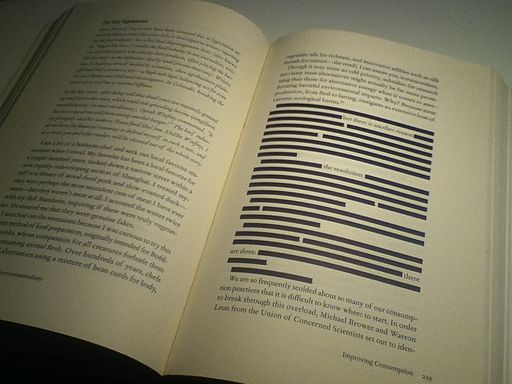Your library probably uses federal data to help your patrons with their research and information needs. You definitely have access to an enormous amount of information, generally presumed to be reliable and valid, produced by an enormous range of federal agencies – all paid for with tax dollars and belonging to all of us.
Libraries of all types have relied on being able to provide this information to our communities – health information from the CDC, planning visits to our national parks, NASA ideas on space travel, photos from your state in the National Archives, knowing what shots to get before traveling from the Dept of Health and Human Services, information on worker’s rights from the Dept of Labor, studies done on pesticides and industrial waste in the water and soil in your neighborhood from the EPA, plans for bridge safety from the Dept of Transportation, George Carlin’s FBI file, raising chickens in your back yard from the Dept of Agriculture, and so much more.
But some of this information is disappearing, and for libraries – committed as a profession to providing and sharing information freely – this is a serious problem. In addition to the ethical challenges of hiding and censoring information, this reduces the material we can share with our communities – always a problem for us!! Continue reading Why is federal government data disappearing?





